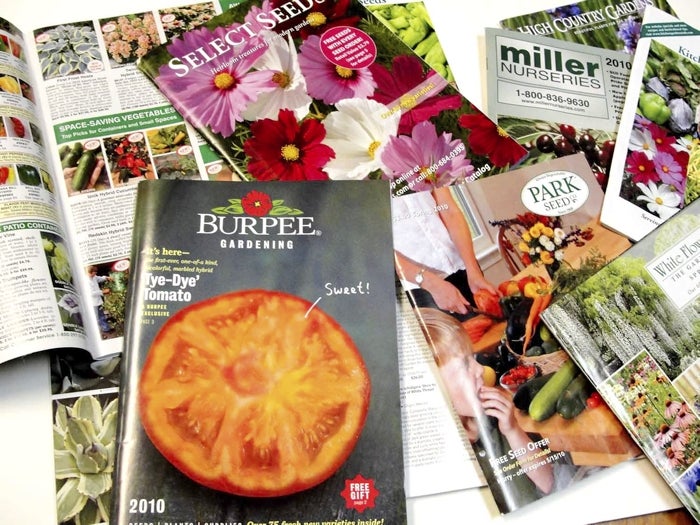Darrell Blackwelder: The appeal of garden catalogs
Published 12:00 am Friday, January 2, 2015

- Cooperative Extension Garden catalogs are coming in now, tempting gardeners to buy, buy, buy.
Home gardeners will soon receive a steady supply of garden and seed catalogs. Long winter evenings are an excellent time to peruse seed catalogs to plan next season’s vegetable garden.
It makes sense to sketch out a diagram of your proposed vegetable garden plot which will include all the vegetables for the upcoming growing season. Be sure to gather input from the entire family, especially the little ones, to make vegetable gardening fun. Having children involved often sparks a lifelong interest.
Be aware that some vegetable crops are very susceptible to insect and diseases. For example, sweet corn is almost impossible to grow without major problems in late summer. Early plantings should be initiated early in the growing season for the peak July 4th sweet corn harvests.
Be realistic about the variety and amount of vegetables to be planted in your garden. Prolific vegetable crops such as squash, tomatoes, peppers or green beans are excellent choices for small garden spaces or large containers. Other vegetable crops such as sweet corn, Irish potatoes, watermelons or cantaloupes demand large areas for a feasible planting.
Over-planting vegetable crops is a common problem for novice gardeners. A prime example is summer squash. A planting of four to five vines provides an ample supply for a family of four.
Try new vegetable varieties each season. All America Selections are usually excellent choices for those who enjoy experimentation. Identify and label new varieties, making sure to record data for later reference.
Don’t rely solely on fantastic results claimed by colorful seed catalogs. Featured vegetable varieties are often exaggerated with dubious results. Some seed companies often have crop data from test gardens in the Mid-West or from the Northern tier of states, climates unlike ours that will not produce the same quality or quantity. The majority of vegetable varieties selected and planted should be reliable, proven, family favorites.
Remember to be cognizant of your planting dates. Many of our cool season crops need to be planted in early March. Home gardeners often wait too late to plant and miss the narrow window of opportunity.
Some seed companies often have limited quantities so it is advisable to place seed orders as early as possible.
Don’t forget to include flower seed along with the vegetables seed. Cut flowers are a welcome addition to the home during the growing season, providing beautiful borders around unattractive vegetables. Some species such as marigolds claim to ward off several insects species.
Darrell Blackwelder is the county Extension director in Rowan County with horticulture responsibilities with the North Carolina Cooperative Extension Service in Rowan County. Learn more about Cooperative Extension events and activities by calling 704-216-8970 Facebook or online at www.rowanextension.com




